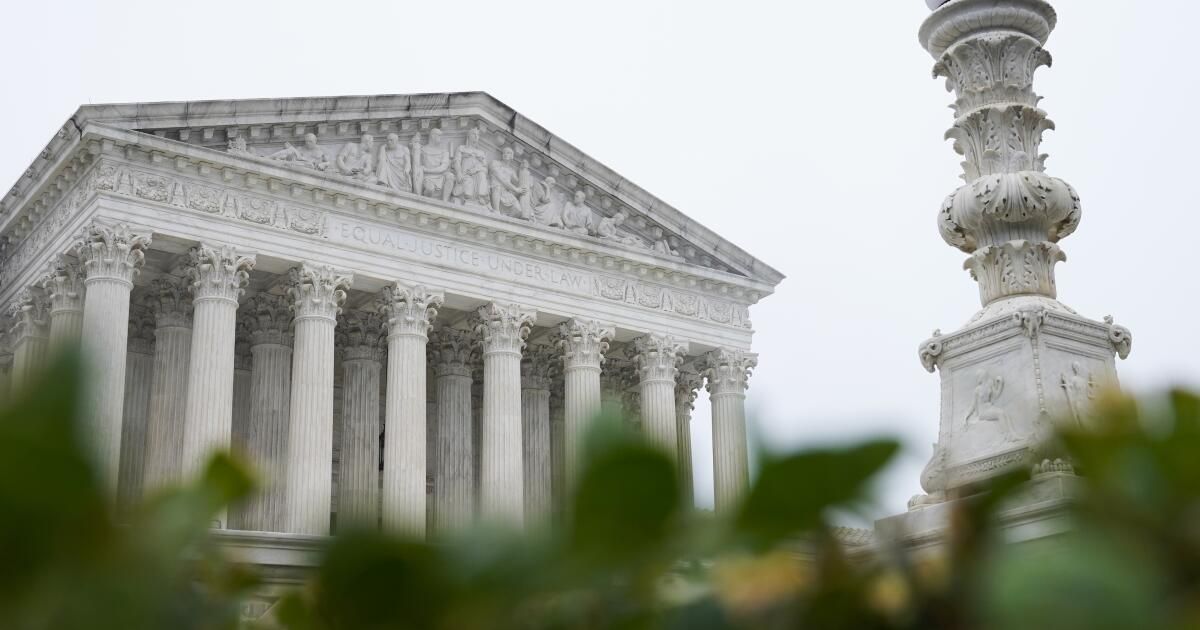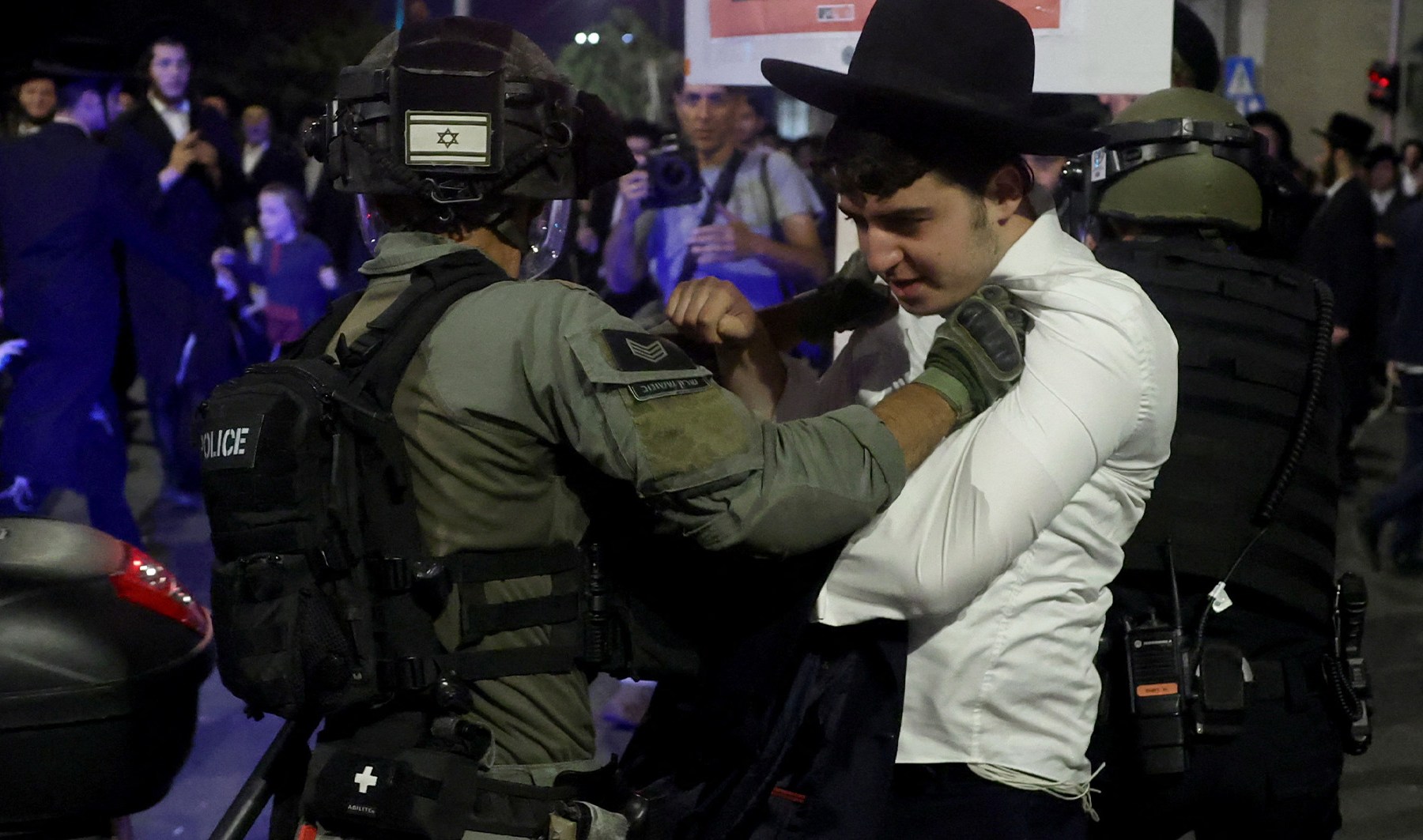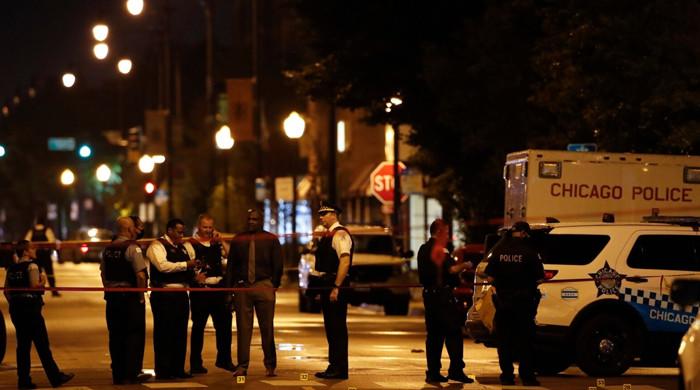The Supreme Court on Thursday refused to grant innocent owners of seized cars the right to an immediate hearing to reclaim their vehicles.
Instead, the justices, in a 6-3 decision, said the Constitution requires a “timely hearing” to consider whether police properly arrested the driver and seized the vehicle, but that can take weeks or months. Meanwhile, the innocent owner may be left without his car.
The court considered appeals from two women whose cars were impounded by Alabama police who had arrested the drivers on drug charges.
Halima Culley had lent her car to her college-aged son. Lena Sutton lent her car to a friend of hers. After two weeks, the police notified the two women that their cars could be impounded, but they did not respond.
They later joined a class-action lawsuit seeking damages for the state's failure to grant them a prompt hearing and return their vehicles.
Justice Brett M. Kavanaugh, speaking for the court, said states have adopted different rules for handling forfeitures, and judges were cautious about requiring a second preliminary hearing in all forfeiture cases.
“When police seize and then seek civil forfeiture of a car that was used in the commission of a drug crime, the Constitution requires a timely forfeiture hearing,” he wrote in Culley v. Marshall. “The issue here is whether the Constitution also requires a separate preliminary hearing to determine whether the police can hold the car pending the confiscation hearing. The precedents of this Court establish that the answer is no.”
Culley waited a year before filing a complaint that she was an innocent owner, and a month later a state judge ordered the car returned to her. Sutton also had her car returned after claiming she was the innocent owner.
Justices Sonia Sotomayor, Elena Kagan and Ketanji Brown Jackson dissented.
“A police officer can confiscate your car if they claim it is related to a crime committed by another person. The police department can then hold the car for months or even years until the State finally seeks its ownership through civil forfeiture. In most states, the profits resulting from the sale of the car go to the police department budget,” Sotomayor said.
The two women who sued said the Constitution “requires an immediate, post-seizure opportunity for innocent car owners to argue before a judge why they should keep their cars pending the final forfeiture determination. Today, the Court holds that the Due Process Clause never requires that minimum safeguard.”
Justice Neil M. Gorsuch agreed with the result, but said the court needed to craft better rules in this area.
“In future cases, with the benefit of complete information, I hope that we can begin the task of evaluating how well the profound changes in civil forfeiture practices that we have witnessed in recent decades correspond with the enduring guarantee of the Constitution of that '[n]No person shall… be deprived of life, liberty or property, without due process of law.'”
The National Federation of Independent Business called the decision a disappointment for small business owners.
“When it comes to civil asset forfeiture, small business owners who rent, sell or conduct cash transactions are particularly vulnerable to harm,” said Beth Milito, executive director of NFIB's Small Business Law Center. “Because of this decision, many small business owners will continue to be targeted and harmed by a civil asset forfeiture proceeding that violates due process and punishes businesses for the actions of the public.”












